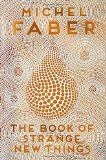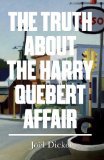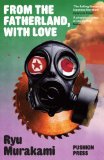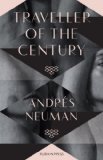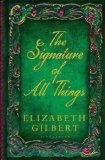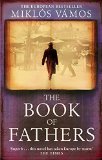 Translated from the Hungarian by Peter Sherwood
Translated from the Hungarian by Peter Sherwood
Five words from the blurb: Hungarian, family, generations, gift, epic
The Book of Fathers is an epic piece of historical fiction. It follows twelve generations of first-born sons through 300 years of Hungarian history. The book has been a bestseller throughout Europe, but has had less success here in the UK. This is a shame because it is the sort of thing that fans of historical fiction love.
The Book of Fathers is very readable. It is packed with period detail and has been incredibly well researched. I immediately bonded with the characters and enjoyed learning about Hungarian history. I was especially grateful that everything was explained in sufficient detail for me to understand what was happening, despite knowing little about the country’s history.
Unfortunately as the book progressed I became frustrated by the way the years slipped by so quickly. New characters were continually introduced and I began to lose track of who was who. Each chapter concentrated on a new generation and it began to feel more like a series of short stories. I wish that it had contained a fewer number of sons; enabling us to see each life in greater depth.
Szilard showed him the pocket timepiece and the medallion he guarded with his life. Yanna gave a squeal of joy when the face of her firstborn stared back at her from the gold locket. Richard Stern’s hook of a hand pulled Szilard towards him and the old man’s wet kisses fell upon the boy in a shower. This is how it is with us, though Richard Stern, moved: We keep losing members of the family, only to get them back again in the course of time.
Each son was also blessed with a clairvoyant ability. I was initially worried that this might interfere with the realism of the text, but these concerns proved unfounded as Vámos seemlessly blended the magical realism with the historical fiction. I think those who enjoy reading contemporary fairy tales will appreciate the folklore involved in this story.
I’m pleased that I read The Book of Fathers as I now have a greater knowledge of Central European history, but I’d only read another Vámos if I knew it concentrated on a smaller period of history. Recommended to those who love historical epics, especially when they’re sprinkled with folklore.

.
I read this for Stu’s Eastern European Month. Head over to his blog for more recommendations from this part of the world.

